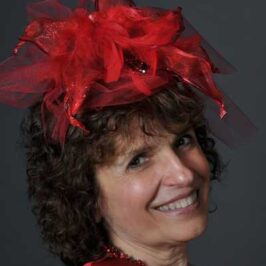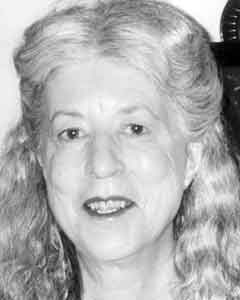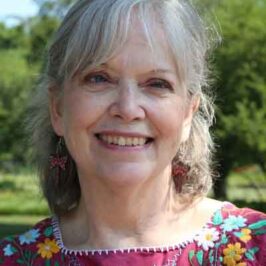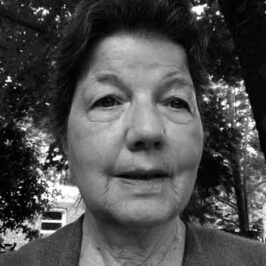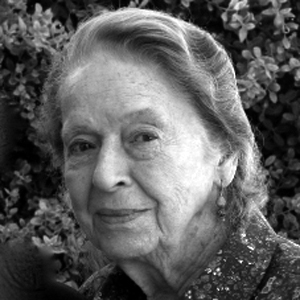
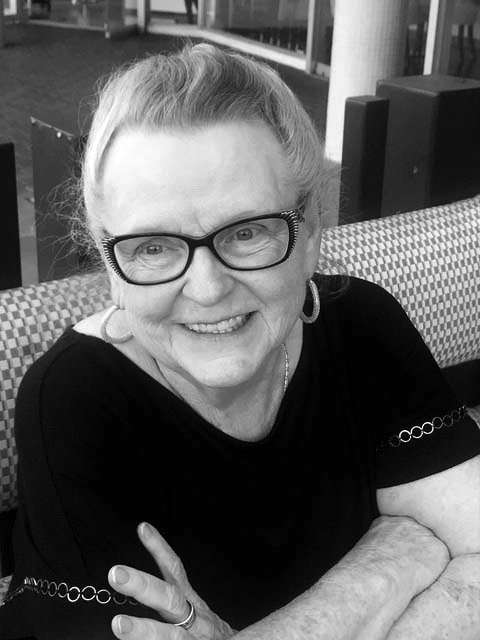
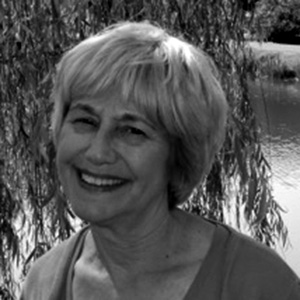
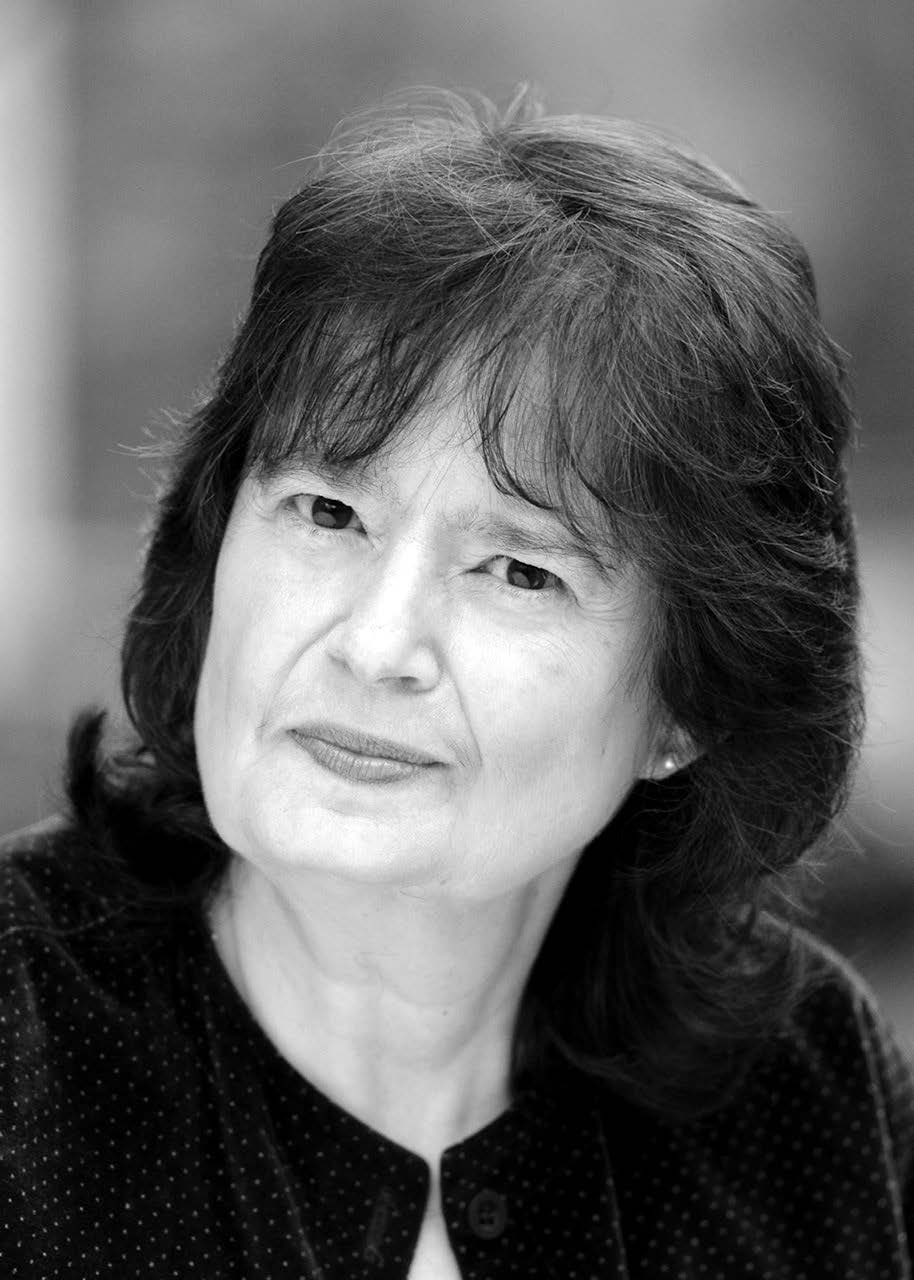
Life and death and curiosity, with poems by Joyce La Mers, Maureen Murphy Woodcock, Pat Hurley and Fran Markover.
6 minutes
TRANSCRIPT
2013 Passager Poet Joyce La Mers said she has a voracious curiosity about life and death and whatever is there to discover beyond the Higgs Boson. She said, “I really want to know, but I don’t believe I will. I believe I will become part of the Mystery and won’t know squat.” Here’s her poem “gumming up the future.”
When you get very old you become
aware of impending doom.
Which moment will be your last?
Each time you get a cold,
or a new ache, or have some minor
accident, you wonder: is this it?
and you start worrying
about all the things undone.
It’s a time for concern about
poorly chosen underwear,
whether your feet are clean enough
for the toe tag, and what the coroner
will think of that last meal you ate.
You worry about letters you never wrote
and others you never burned.
You think of all the experiences
that will die with you, especially
those nobody knows about.
What a novel you could write!
Why haven’t you been making notes?
If you survive this crisis, you will stop
wasting time and get started.
Tomorrow, for sure.
“gumming up the future,” 2013 Passager Poet Joyce La Mers, from Passager Issue 55.
Maureen Murphy Woodcock said that when she was a child, if she stepped on a grave, her mother yelled, “Stop it! The dead are rolling over!” Maureen said, “The idea that I had the power to wake the dead was thrilling. Now decades later, I’m just as naughty: I want to play hopscotch on everyone’s headstone, wake them up, and make them tell me their stories.” Here’s her poem “Questions For My Sister.”
Is knocking on your headstone a sin?
Do you care if I trace your name with my toes?
Is it bad manners to touch your epitaph?
Can’t words be felt?
Do you rollover if I play tag on your bones?
Are you bored? Crave a game of hide & seek?
Hopscotch? A mighty jump
Wake up, wake up!
Tell me why you died.
Will I follow you?
When?
How?
And why?
I’ll shush, press my ear on your grassy bed.
You can tap your answers on your coffin’s lid.
“Questions for My Sister,” Maureen Murphy Woodcock from Passager Issue 69.
Pat Hurley said, “After experiencing several losses – both parents and more recently two husbands – I noticed that the dead never really leave us.” Here’s her poem “The Dead Must Be Exhausted.”
The dead must be exhausted
from all their conversations with us –
telling us how to cope in lines three cars deep
at the drive-thru bank or
when the boss barks at us
and the report was only an hour late.
My oldest says his granddad
rides along on his commute
advises him on workplace woes.
Says Don’t get your dauber down.
Rome wasn’t built in a day.
His brother says that same granddad
plays golf with him every chance he gets,
advises him on every shot.
Yells Adjust your grip!
Carry the clubface through!
Their sister, mired in grad school,
says her dad talks to her 24/7
Tells her Trust yourself.
I am proud of you.
Do it the easy way.
Even my mom is in on it,
whispers in my ear
about housekeeping, aging, life.
Says Slow down.
Don’t just drop it; put it away.
Don’t slouch!
Let your hair go gray.
Set a good example.
Say the right thing.
Pat Hurley’s poem “The Dead Must Be Exhausted” from Passager Issue 65, the 2018 Poetry Contest issue.
In Judaism, k’riah is the tradition of tearing a piece of clothing to represent the tear in your heart when losing a loved one. It is a way to show outwardly that you are in mourning. Here’s Fran Markover’s poem “Kriah.”
After my grandmother’s death
there was no fitting response
to everyone’s query: How are you?
I could only conjure my farewells
grave-side when the rabbi ripped
fringe off my shawl. The violence
comforting. My fingers touched
the empty space.
Later, I twisted what remained,
cotton threads circling my hand,
memory’s swath – like the nights
I helped Grandma kindle the candles.
She showed me how to draw light
into one’s heart, the dance of hands
chest-ward.
Years later, after her stroke, last
time at assisted living, we folded
into each other. The fruity Ensure
of her breath warmed my face.
Beyond confine of ribs, beyond
bed sores and stories she carried,
those lovely heavy wounds, her
body was so frail I could almost
lift her past the iron rails.
Bristles of her perm grazed my skin.
She struggled to keep hold. Her arms
pulled me toward her, both of us
surrendering, as if I were buoyant
as a life raft, a blessing.
“Kriah,” Fran Markover, from her book Grandfather’s Mandolin.
To buy Grandfather’s Mandolin, subscribe to, or learn more about Passager and its commitment to writers over 50, go to passagerbooks.com.
You can download Burning Bright from Spotify, Apple and Google Podcasts, Audible, and a host of other podcast apps.
For Kendra, Mary, Christine, Rosanne, and the rest of the Passager staff, I’m Jon Shorr.

